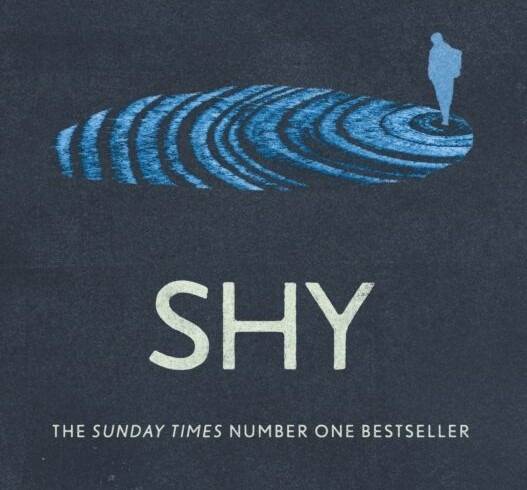
Victory City (Penguin Books) by Salman Rushdie
In 1989, Iran’s Ayatollah Khomeini issued a fatwa on Salman Rushdie and his publishers for his novel The Satanic Verses, claiming his depiction of a Muhammad-like figure was blasphemous. The international writers’ organisation PEN was instrumental in the campaign calling for Rushdie’s protection and for his inalienable right to free expression to be recognised.
Later, I became director of English PEN’s Writers in Prison Committee and witnessed for myself Rushdie’s dedication to persecuted writers worldwide. He was always a signatory on our petitions and served as president of American PEN from 2004 to 2006. Today, he is a patron of Humanists UK and a laureate of the International Academy of Humanism.
Last summer, Rushdie was brutally attacked at a literary event in New York state, leaving him blinded in one eye. Months later Victory City, his latest novel, was published. Words endure. The pen is indeed mightier than the sword.
Victory City is an epic tale with a feminist slant. The novel’s protagonist is Pampa Kampana, a fictitious poet and prophetess who creates an empire, and then writes about its rise and fall in a narrative poem called the Jayaparajaya. The poem is buried in a clay pot sealed with wax and unearthed four and a half centuries later. Rushdie cleverly frames Victory City as a version of her-story, rather than his-story, retold in plainer language by “a spinner of yarns”.
The novel opens in 14th-century southern India. Nine-year-old Pampa witnesses her mother burning to death as part of a mass suicide after their kingdom is defeated. Orphaned, she is blessed by the goddess Parvati and later reaches a monk’s cave dwelling, where she lives for nine years with a scholar, Vidyasagar, who abuses her: “He did not do it often, because scholarship usually left him too tired to do much about his lusts, but he did it often enough.”
When she comes of age Pampa sows a city, Vijayanagar (Sanskrit for victory city), using a bag of magical seeds, and whispers its people into existence. It becomes known as Bisnaga. During her lifetime – she dies aged 240 – Pampa attempts to give women equal rights in a patriarchal world. She promotes education for all and religious tolerance. The arts are seen as essential and female warriors are as much to be feared as their male counterparts.
Pampa gives birth to three daughters with her lover, a dashing Portuguese trader, whom she prioritises over the three arrogant sons she has with the second king of Bisnaga. She insists their “barbarian” sons are sent away. War is waged against neighbours, battles are won and lost. After the king’s death, Pampa is herself exiled and lives in an enchanted forest with her three daughters and two loyal servants.
Fantastical elements are woven throughout the narrative. As well as magic seeds, there are talking birds, a forest goddess and troublesome pink monkeys. Pampa bides her time and returns to Bisnaga 132 years later, becoming Queen Regent. The kingdom flourishes under her rule. Later her despotic husband has her blinded with red-hot irons – particularly chilling, given Rushdie’s own fate. Inevitably, with Pampa weakened, the empire declines.
Rushdie is finely tuned to the political manoeuvrings that allow tyranny to flourish: “the blurring between the worship of the god and the devotion felt for the king”, the repression of fundamental human rights, the renaming of streets, and using religion as “a tool for the maintenance of social control.” The rulers come from a mixed stock, including cowherds and soldiers, and dynasties can change overnight. Rushdie also plays with different registers of tone and language. Passages of lyrical prose are followed by modern idiom – one character might say “fuck”, another punctuates their sentences with “isn’t it.”
I imagine Victory City will divide readers, as it has critics. It’s a challenging read, but one that celebrates the power of storytelling. Pampa’s conclusion echoes Rushdie’s lifelong belief: “Words are the only victors.”
This piece is from the New Humanist summer 2023 edition. Subscribe here.

